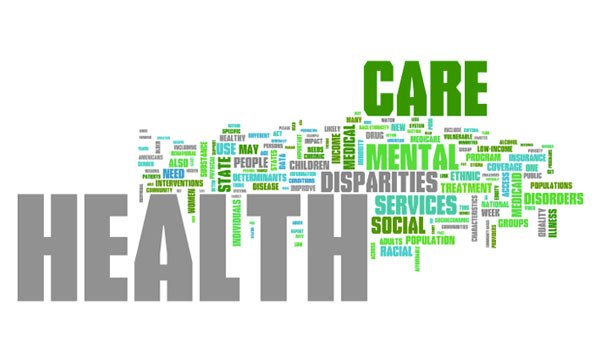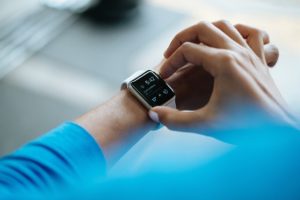HealthCetera, Part 2: Assumptions and Health Disparities
Have you ever made an inaccurate assumption? What did it cost you? Consider the story of Eric Garner. Mr. Garner was placed in a choke hold and subsequently died. First aid was not immediately rendered while he pleaded for help. Did the responders assume that Mr. Garner was faking? If so, was this assumption influenced by Mr. Garners race, gender or age?
All of us make assumptions and allow assumptions to direct our behaviors. But what happens when we react quickly based on assumptions. We may find ourselves wondering; what just happened? That’s because we also have subconscious assumptions, also know as implicit biases, that direct our behaviors as well. Implicit biases are not readily recognizable but sometimes they cause us to act in a way that might not align with our values. Those actions or lack of actions could be deadly.
Healthcare providers are human and just like police officers and teachers, they too have implicit biases that could influence how they treat patients. But how can we recognize implicit biases and ensure equitable treatment?
Join us on the second part of HealthCetera on Thursday, June 30th as we conclude a 3 part series on healthcare disparities. Co-producer and moderator Kenya Beard, EdD, RN, talks with Dr. Michelle van Ryn, PhD, MPH, a social psychologist at the Mayo Clinic who studies the equity and quality of healthcare encounters. Find out why we all have unconscious biases and how they could undermine explicit desires. Learn how your encounters with others could be fueled by deeply rooted beliefs that escape your consciousness. Michelle helps us understand the elements that trigger implicit bias and what, if anything, can be done to align them with our explicit desires to promote social justice.
So tune in at 1:00 on Thursday to WBAI, 99.5 FM in New York City, or live streaming at www.wbai.org. Or you can listen to this interview anytime by clicking here:
HealthCetera is sponsored by the Center for Health, Media & Policy at Hunter College, City University of New York.
[caption id="attachment_11414" align="aligncenter" width="600"] Source: http://sphweb.bumc.bu.edu/otlt/MPH-Modules/HPM/AmericanHealthCare_Equities-MentalHealth/[/caption] Have you





